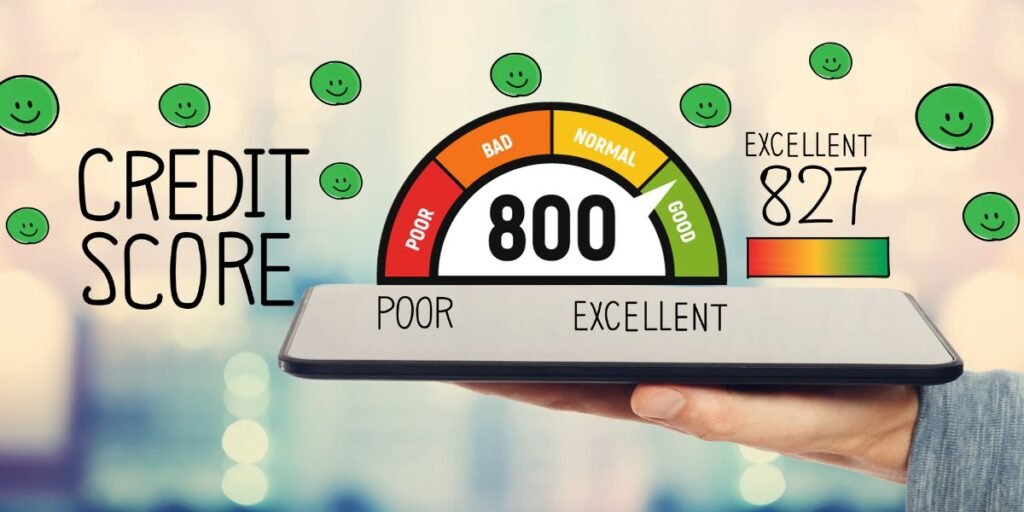Your CIBIL credit score is a critical aspect of your financial health. This three-digit number reflects your creditworthiness and plays a pivotal role in determining your eligibility for loans and credit cards.
A good credit score opens doors to favorable interest rates and better financial opportunities.
In this article, we’ll explore practical tips to improve your CIBIL credit score, ensuring a brighter financial future.
1. Check Your Credit Report Regularly
Regularly monitoring your credit report is crucial for identifying errors and discrepancies that can adversely impact your credit score.
Obtain a copy of your report annually and check it for inaccuracies. Even minor errors can have significant consequences, so it’s essential to address them promptly.
2. Pay Your Bills on Time
One of the most influential factors in your credit score is your payment history. Timely payments on bills, loans, and credit cards contribute positively to your score.
Set up reminders or automate payments to ensure you never miss a due date, safeguarding your creditworthiness.
3. Reduce Credit Card Balances
High credit card balances relative to your credit limit can negatively affect your credit score.
Aim to reduce outstanding balances and maintain a healthy credit utilization ratio. Develop a strategy to pay down credit card debt systematically, starting with high-interest cards.
4. Avoid Opening Too Many Credit Accounts
Opening multiple credit accounts within a short period can be perceived as a sign of financial instability.
Each credit inquiry impacts your score, so be selective about new credit applications. A stable credit history is more favorable for your overall credit score.
5. Don’t Close Unused Credit Cards
Closing unused credit cards may seem like a good idea, but it can harm your credit score.
The length of your credit history is a significant factor, and older accounts positively contribute to your score. Keep your old credit cards open to maintain a longer credit history.
6. Diversify Your Credit Mix
A diverse credit portfolio can positively influence your credit score.
Instead of relying solely on credit cards, consider having a mix of installment loans and revolving credit.
This showcases your ability to manage various types of credit responsibly.
7. Resolve Outstanding Debts
Addressing outstanding debts and collections is crucial for credit score improvement.
Contact creditors to negotiate settlements or set up manageable payment plans. Resolving these issues demonstrates your commitment to financial responsibility.
8. Be Cautious with Joint Accounts
Joint accounts come with shared responsibility. If the joint account holder defaults on payments, it can negatively impact your credit score.
Be cautious when considering joint accounts, and ensure open communication and financial transparency.
9. Be Patient and Persistent
Improving your credit score is a gradual process. Be patient and persistent in adopting positive financial habits.
Consistent, responsible behavior over time will contribute to a steady improvement in your creditworthiness.
10. Seek Professional Advice
When facing challenges in improving your credit score, consider seeking advice from credit counselors or financial advisors.
They can provide personalized guidance and strategies to address your unique financial situation.
11. Utilize Credit Score Improvement Tools
Take advantage of technology-driven tools and apps designed to assist in credit score improvement.
These resources can help you monitor your credit, receive personalized tips, and track your progress over time.
12. Educate Yourself on Credit Score Myths
There are numerous myths surrounding credit scores. Educate yourself to separate fact from fiction.
By dispelling common misconceptions, you can make informed financial decisions that positively impact your creditworthiness.
Conclusion
In conclusion, actively working to improve your CIBIL credit score is an investment in your financial well-being.
By following these tips and adopting responsible financial habits, you can enhance your creditworthiness over time.
Remember that a good credit score opens doors to better financial opportunities and ensures a stable financial future.
Frequently Asked Questions
- How often should I check my credit report?|
It’s advisable to check your credit report annually. However, if you’re actively working on improving your credit, monitoring it more frequently, such as every three to six months, can be beneficial. - Can closing unused credit cards improve my credit score?
Closing unused credit cards may actually harm your credit score. It’s generally better to keep them open to maintain a longer credit history. - What is a healthy credit utilization ratio?
Aim for a credit utilization ratio below 30%. This means that your outstanding credit card balances should be no more than 30% of your credit limit. - How long does it take to see improvements in my credit score?
Improving your credit score is a gradual process. Significant changes may take several months to a year, depending on your individual financial situation. - Do credit inquiries affect my credit score?
Yes, each credit inquiry can have a minor impact on your credit score. Be mindful of applying for new credit accounts, especially within a short timeframe.
